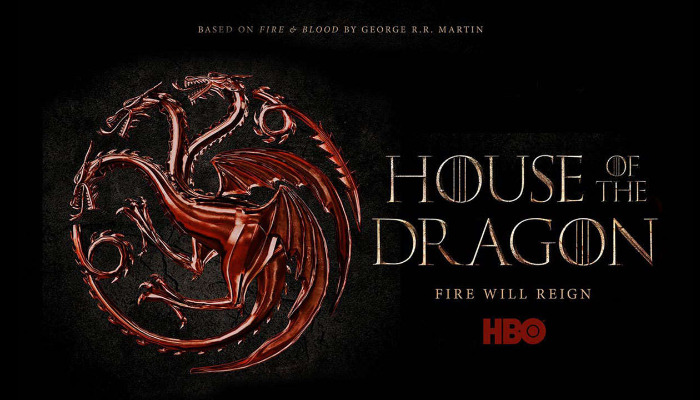The Quiet Pride, Passion, and Benediction of Terence Davies
Terence Davies finds a kindred soul in Benediction
It’s Pride Month, and gay British director Terence Davies’ latest film, Benediction, has never been more timely.
More to the point, World War I poet Siegfried Sassoon reflects a summit in the reflections of Davies’ own experience. Davies’ watermark narratives have been consistently personal, candid, and courageous from the start, yet they also manage to carry a certain finesse, no less apparent in his latest film, Benediction.
His projects, first to last, have reaped acclaim. The first of these, now shown together as the Terence Davies Trilogy, is a collection of three short films exploring three points in the life of Robert Tucker, Davies’ alter-ego, against the mundane background of his native Liverpool. And an auspicious beginning this trilogy truly was: from the bullied Catholic schoolboy in Childhood, to the repressed accounting clerk as a middle-aged man in Madonna and Child, and finally the bed-ridden, babied stroke victim in Death and Transfiguration. (The final scene in this last film is among the most profound I have ever witnessed.)
Since then, Davies has had relatively few films in his canon, in part due to difficulties with financing arising from his refusal to compromise (or betray?) his personal and esthetic visions on the screen. He had long ago been reconciled to the lack of mainstream appeal for his films with some wry humor. And one can see that cheeky humor threaded throughout his work, especially in his most recent completed opus, A Quiet Passion, a biopic on poet Emily Dickinson, where erudite heartfelt sarcasm was the order of her day, and in which she especially excelled.
But Davies, according to interviews, seems to set Benediction apart, almost in a class by itself. It represents a new scope in his empathy and identification with the film’s lead, the World War I poet Siegfried Sassoon along with his contemporaries and comrades-in-arms.
Davies especially cites the theme of redemption and how thoroughly personal it is. He is adamant regarding the failure of social and religious institutions, insisting that the onus lies solely with the individual. Here I found myself disagreeing with him on the subject of redemption, but only in terms of logistics, which is beyond the scope of this article. In my opinion, however, Davies has been redeemed in some way, by redeeming others — his audience. They may come away with the idea, as I did, that redemption is more of a process than an event, and that film, potentially at any rate, teaches the soul.
On a personal note, the films of Terence Davies speak to the gay youth I once was, yoked to the millstone of the status quo, droning along in the grind, exiled properly (so I believed) as a Majority of One. But the real epiphany, for me, was watching Davies’ various interviews for the first time on video. The consolation prize is Davies’ candor and infectious, childlike enthusiasm with which he discusses Benediction — or indeed any of his insights.
Despite the turbulent political climate in general, and the schismatic views of certain civil rights in particular, the retrospection offered in Benediction is especially poignant. We can see how far we’ve come with respect to our cousins in the LGBTQ community, rocky as it has been, and the growing pains society faces now. If we can only listen to the quiet as well as the voices.
Leave your thoughts on Benediction below in the comments section. Readers seeking to support this type of content can visit our Patreon Page and become one of FilmBook’s patrons. Readers seeking more movie news can visit our Movie News Page, our Movie News Twitter Page, and our Movie News Facebook Page.
Benediction is available in certain U.S. theaters through Roadside Attractions as of May 2022. Want up-to-the-minute notifications? FilmBook staff members publish articles by Email, Twitter, Facebook, Instagram, Tumblr, Pinterest, Reddit, and Flipboard. This news was brought to our attention by Indiewire.
Related Articles
FilmBook's Newsletter
Subscribe to FilmBook’s Daily Newsletter for the latest news!











